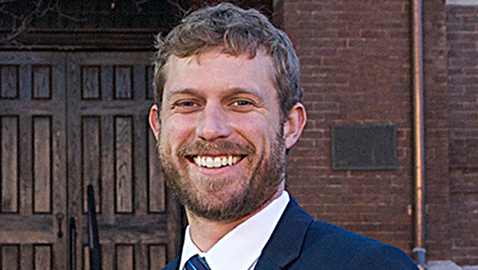By Jedidiah McKeehan
A medical power of attorney is a term that gets thrown around occasionally regarding estate planning. However, what is a medical power of attorney?
First, let us discuss what a power of attorney is. A power of attorney is a document you sign in front of a notary that only has effect while you are alive. A power of attorney allows individuals to decide on your behalf as if they were you. For example, if you sign a power of attorney for someone, that person can sign your tax return and file it for you while you are out of the country.
While a power of attorney may have a small provision in it that gives someone the ability to make medical decisions for you, a “medical” power of attorney goes into detail and specifics about what medical treatment you authorize this person to make for you and has some directions that will not be followed until after your death.
A medical power of attorney will generally give directions as to how you want your body disposed of after your death. You will lay out whether you want your body parts gifted for scientific use and, whether you want an autopsy of your body performed, and whether you want to be cremated or buried.
Other medical issues that may be covered by a medical power of attorney are: whether you want to be kept alive by a breathing tube, whether you want to be kept alive with a feeding tube, and whether you choose to be revived or resuscitated.
These decisions are a big deal and even thinking about how to instruct someone regarding these choices is not something that is fun to think about.
From a personal standpoint, I generally disfavor medical power of attorneys, and its okay if you disagree with me, it will not hurt my feelings. Why do I disfavor them? My feelings are that if you trust the person who you have as your regular power of attorney and the person administering your will, then why do you need the medical power of attorney? The flip side of that is that you take hard decisions out of a child or spouse’s hands. They need not choose whether to pull the plug on their loved one, you have made that decision for them and laid it out in clear language in your medical power of attorney.
Jedidiah McKeehan is an attorney practicing in Knox County and surrounding counties. He works in many areas, including divorce, custody, criminal, and personal injury. Visit attorney-knoxville.com for more information.







